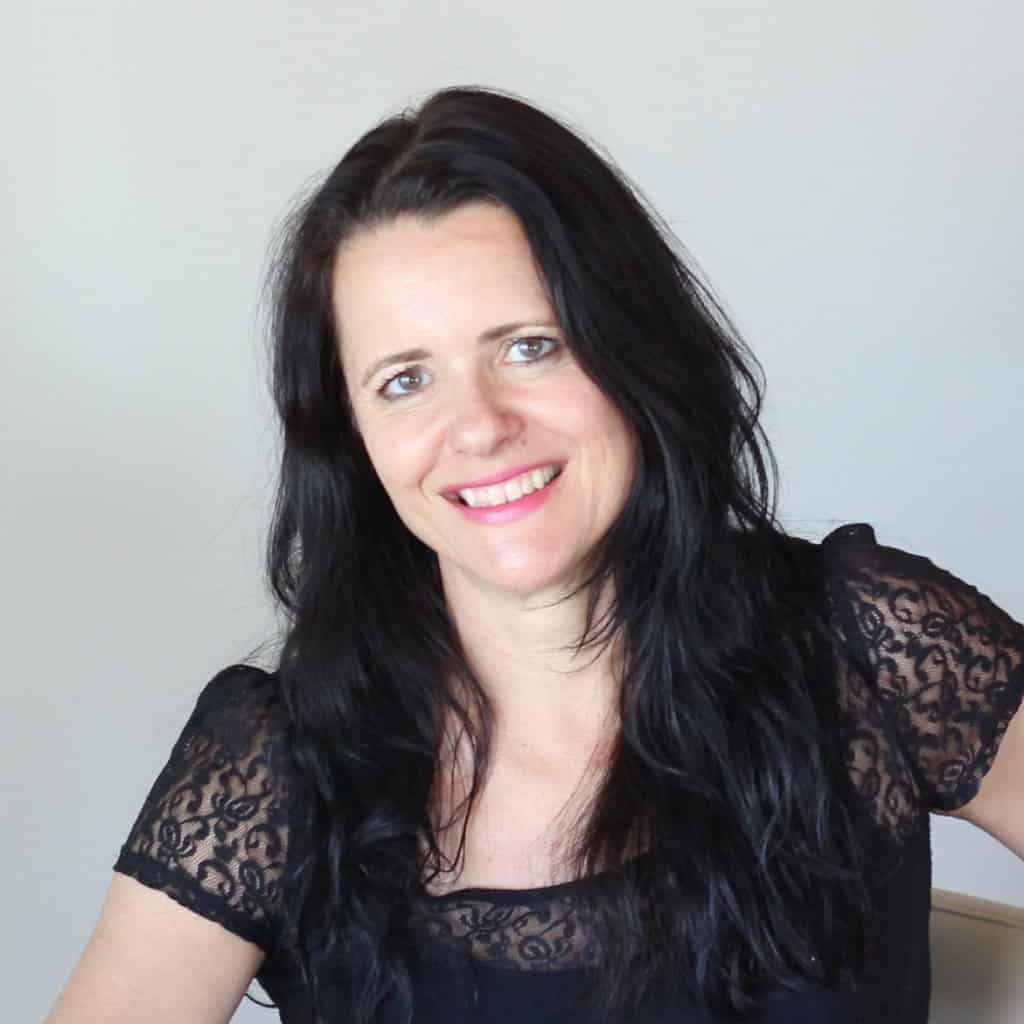
To win a set of Melinda’s latest releases How to Talk to Your Kids about Pornography and Good Pictures Bad Pictures send an email to [email protected] with “Melinda” in the subject line and supply your name, address and phone contact. Good luck!
Two years ago, the deputy principal of a Sydney Catholic primary school approached me at a teacher’s conference I was addressing on the harms of sexualising children. “I think you should see this,” she said, scrolling through her phone. I doubted it would be anything I hadn’t seen before, having been writing and speaking on the issue for more than a decade. I was wrong.
It was an image created by a group of five-year-old boys using the PicCollage app. They had been given an in-class assignment to make pictures of their favourite things. These little boys presented their image of two semi-naked women in provocative poses – one had superimposed his face between the women’s bodies at breast height. They didn’t think they had done anything wrong.
It’s for this reason as parents you shouldn’t think discussing porn should be just one ‘talk’. It is a conversation to be having with your children over many years, at varying stages and as different opportunities arise. Communicating your values early and building a warm and close relationship from the start will make all that follows easier.
The discussion you need to have before your kids see porn
- Be prepared. Read books and websites on the subject. Talk to other parents who share the same values you hold for your child. Discuss with trusted professionals. Think about what it is you would like to communicate to your child, and also be ready to listen attentively and non-judgmentally.
- Make a private, unpressured time and place to talk. Initiating the conversation may feel awkward, but for your child’s sake, it has to happen.
- Life presents some great springboards for a talk about pornography. If you see an advertisement, movie or music video-clip with sexualised imagery, it is an opportunity for discussion. Ask your child what they think about it, and help the conversation move to a discussion of media and its influence on our feelings about bodies, relationships, dignity and self-worth etc.
- Talk about an incident from your own life, anecdotes are a great conversation starter.
- Discuss some situations they might face and some creative ways to deal with it. For example, if friends of your young person want to consume porn, your child should have some ways to deal with it, or example by using humour to escape the situation, explaining directly why they don’t want to be involved, or making an excuse to leave. They can practice some responses with you so they are ready.
- Your children need to know that you have their back on this. Stress to them it is never okay to pressure someone to do anything sexual and this includes watching porn. They should also know it is illegal to show porn to anyone under 18. Establish an exit strategy for difficult situations. For example, if they text you a single “X”, or some other agreed code, they know you will come and pick them up from wherever they are immediately.
- When your child requests access to a device, this is another good time to ask how they will use it. Discuss risks and benefits and your expectations, for example around supervision, privacy and safety. Consider a written agreement on how they will use their devices and internet access.
– next time in Connect what to do once they have seen it.
*Some of this advice is drawn from resistporn.org. Visit the website for further parent resources.
Melinda Tankard Reist is an author, speaker, media commentator, blogger and advocate for women and girls. She is best known for her work addressing sexualisation, objectification, the harms of pornography, sexual exploitation, trafficking and violence against women. An opinion writer, Melinda is also a regular on morning television and has appeared on ABC’s Q&A and The Gruen sessions as well as many other TV and radio programs. Melinda is co-founder of the grassroots campaigning movement, Collective Shout: for a world free of sexploitation, exposing corporations, advertisers and marketers who objectify women and sexualise girls to sell products and services. She has recently been appointed Senior Lecturer in the Centre for Culture and Ethics, Notre Dame University, Sydney.
